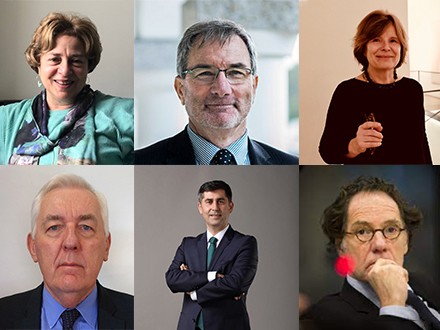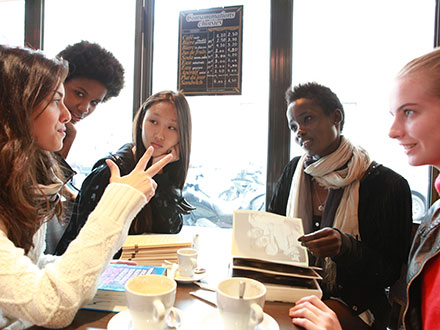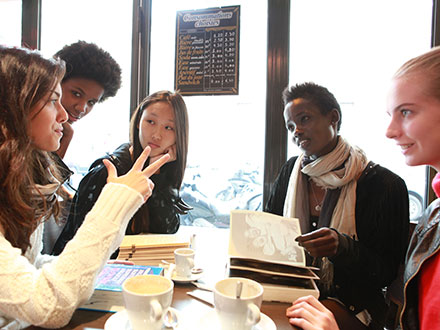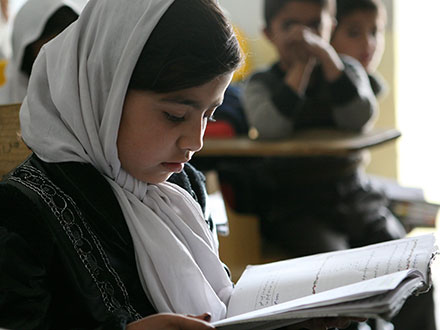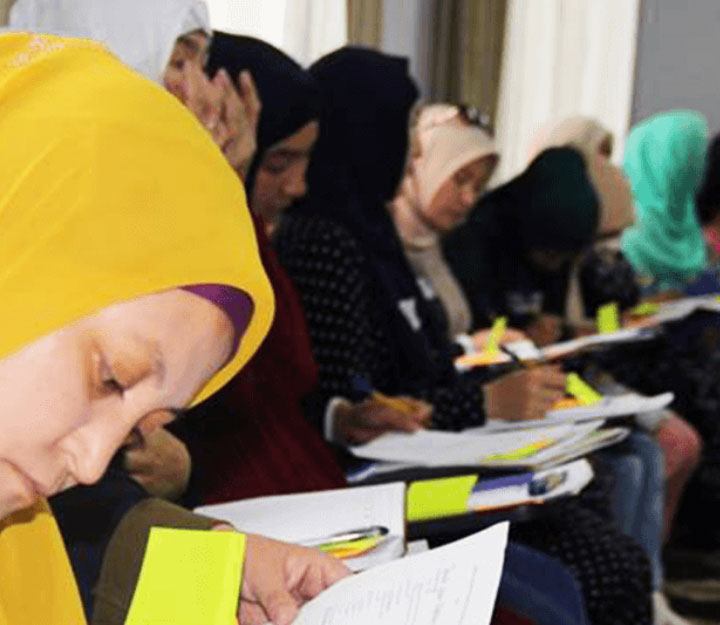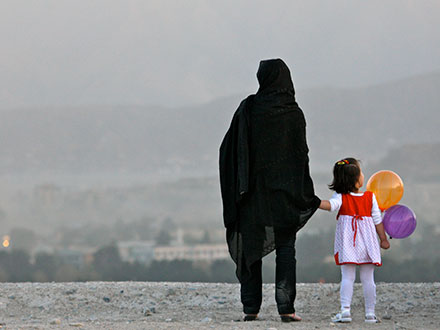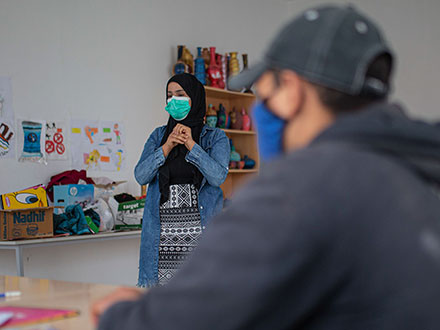Meet International Advisory Board Member: Paul Foley
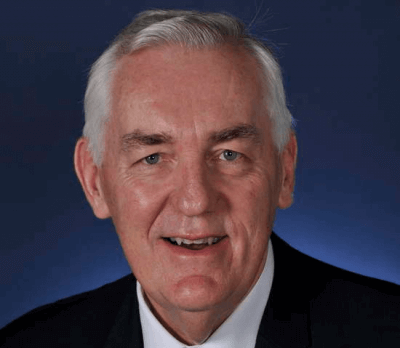
A distinguished ambassador with over 35 years of experience, Paul Foley has represented the Australian Government in Afghanistan, Iran and Timor Leste. More recently, Paul served as Australia’s Ambassador for Counter-Terrorism. We meet him to find out more about the art of diplomacy and countering violent extremism.
You have served as an Ambassador in very challenging contexts. What did you learn?
Diplomacy teaches you lessons in humility and an appreciation of complexity. Most issues require multi-dimensional responses, and we do not have all the answers. Often governments have a desire to come up with quick solutions, but policy proposals should be realistic and consistent with complex political realities.
To avoid group-think, policies should have as broad and diverse input as possible, and we should revisit assumptions and adjust accordingly. In working with fragile states, there is also a need for strategic patience. There is a benefit in the traditional diplomatic virtue of ‘just turning up’, which involves getting to know people and understanding and listening to their challenges. This is not as appreciated as it should be.
What is your view on how countering violent extremism efforts have evolved?
Post 9/11, responses to terrorism and violent extremism were largely military-led. However, shooting or arresting people clearly did not work. Instead, a ‘whole of community’ approach was needed, including development, dialogue and diplomacy and working with civil society. More recently, the focus has shifted to resilience both as a preventative approach and to enable countries and communities to absorb a terrorist attack without plunging into worse situations. This is where Hedayah comes in. It has to be a collaborative effort, and there has been an arc of learning over the last 20 years.
During your extensive and influential career, what stands out?
I have met so many brave people. Shortly before I left Afghanistan, I visited a girls’ school built with Australian support. Traditionally, there is no education for girls in that area, and this school is still operating today. The school has produced many significant women, including members of parliament.
The education of women and girls solves numerous problems. The education of women and girls is a rising tide that lifts all boats. A country that educates and empowers its women and girls will eradicate poverty quicker and help it address other problems. Countering violent extremism is one of them. Much work has been done to move away from simplistic ideas on this as we have realized that women have tremendous agency and can be just as effective in radicalization as preventing violent extremism. We have to recognize the agency of women and make sure there are gendered approaches to countering violent extremism. Hedayah has considerable expertise on this.
In your opinion, what is the answer to countering violent extremism in the context of COVID-19?
Whoever has the answer will be much in demand! We are in a period of transition, and governments are also focused on other issues as we emerge from the pandemic, such as cyber and misinformation. But the threats from violent extremism have not disappeared.
The key to tackling such threats is to look at how they may intersect and become more complex, so we have to be open-minded and agile on what sort of interventions we make. In recent years, one particular challenge has been pushback in some quarters on the role of civil society. Civil society has been crucial in countering violent extremism. We must not let broader world views on the ‘proper’ role of government and civil society undermine this. The Global South have been real leaders in empowering civil society to counter violent extremism, and I hope they will come more to the fore in this debate. Some aspects of international cooperation have inevitably lessened during the pandemic, and international cooperation is a prerequisite for countering violent extremism. No one is safe, until everyone is safe.
Radical right violent extremism is on the rise. What can be done?
The international community’s techniques to combat Islamist violent extremism should work equally well on right-wing violent extremism, as the same general principles on paths to radicalization apply. I expect there will be an important role for international cooperation, and countries in the Global South will have lessons to offer more developed countries in tackling this challenge. Of course, there is a need to understand and take into account differences, but this is an issue, which the international community must tackle together.
Can you tell us a bit more about your new role on Hedayah’s Advisory Board?
Hedayah’s international advisory board is very diverse, with a mix of practitioners and experts. What I bring is the perspective of government. Hedayah is already very good at advising governments on countering violent extremism strategies given its range of interventions and the number of countries it works in, and I hope to enhance that further.



